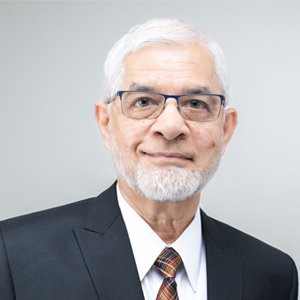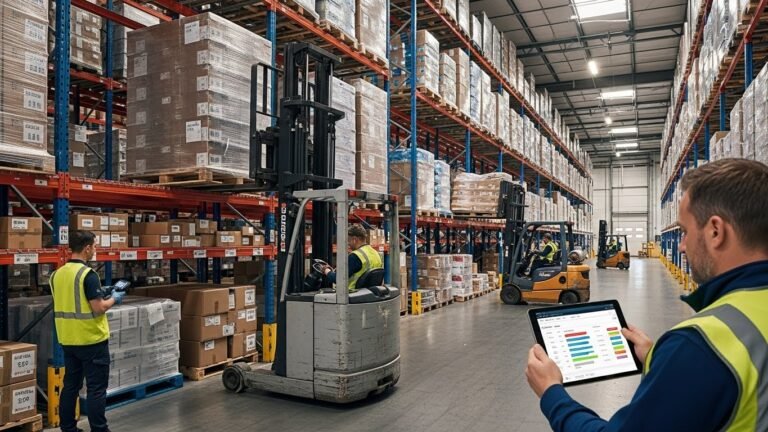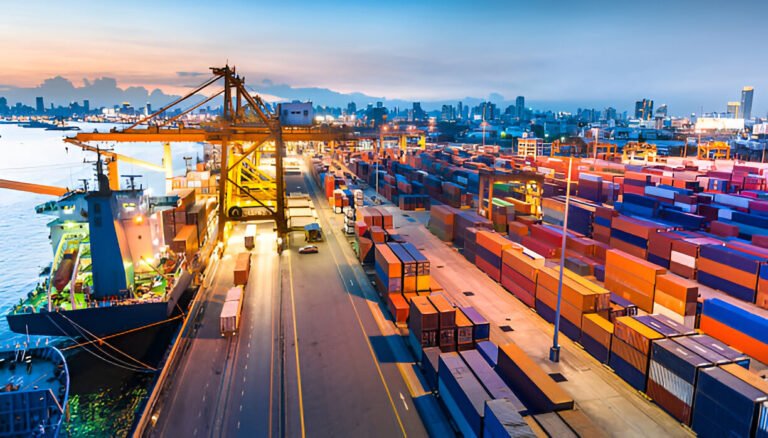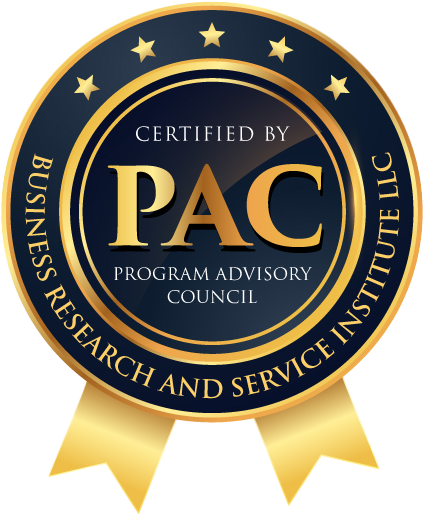The global supply chain is being reshaped again. As nations reassess the value of offshoring versus investing domestically, tariffs are playing a powerful role in driving industrial decisions. The latest developments, such as John Deere’s move to establish a manufacturing facility in Mexico, underscore the complex dynamics between trade policy, geography, and innovation.
Tariffs: A Tool, Not a Solution
Tariffs have long been used to regulate imports and exports. But their success depends on how well supply chains adapt to new economic landscapes. In industries like machinery and heavy equipment, cross-border complexity makes this particularly challenging. Components can pass through multiple countries before final assembly, reflecting an evolution toward efficiency and cost-competitiveness.
Case in Point: John Deere’s Move to Mexico
John Deere’s decision to establish a plant in Mexico is not just about cost-saving – it’s strategic positioning. While goods from this facility may face higher tariffs when entering the U.S., competitors will face similar hurdles. The big difference? Proximity to key markets and a stronger foothold in Latin America. The very tariffs designed to protect U.S. industry could also encourage foreign firms to invest within U.S. borders to avoid these penalties.
A Call to Action: Skills, Not Just Steel
While tariffs may shape trade routes, real competitiveness comes from talent. The U.S. can’t simply swap overseas labor with machines. True progress means investing in education and large-scale skill development. As we automate and digitize, the value of a well-trained workforce will only grow.
TRAIN TO GAIN; RETRAIN TO REGAIN!
This is more than a slogan – it’s a roadmap for economic resilience.
Final Thoughts
Geopolitical borders may shift, but smart policy and strategic investment can turn challenges into opportunity. Tariffs can be part of the solution – but only if accompanied by bold efforts to retrain workers, upgrade domestic capacity, and lead the world in innovation and manufacturing excellence.

Aftab Khan is a logistics specialist with over forty years of experience in all aspects of supply chain and logistics management. He is an engineer by training and holds an MBA, besides several certifications from APICS/ASCM, ISCEA, and BRASI. Mr. Khan is the Executive Director of Business Research and Service Institute LLC, USA.








